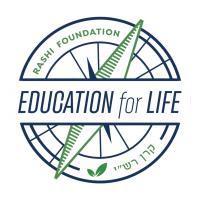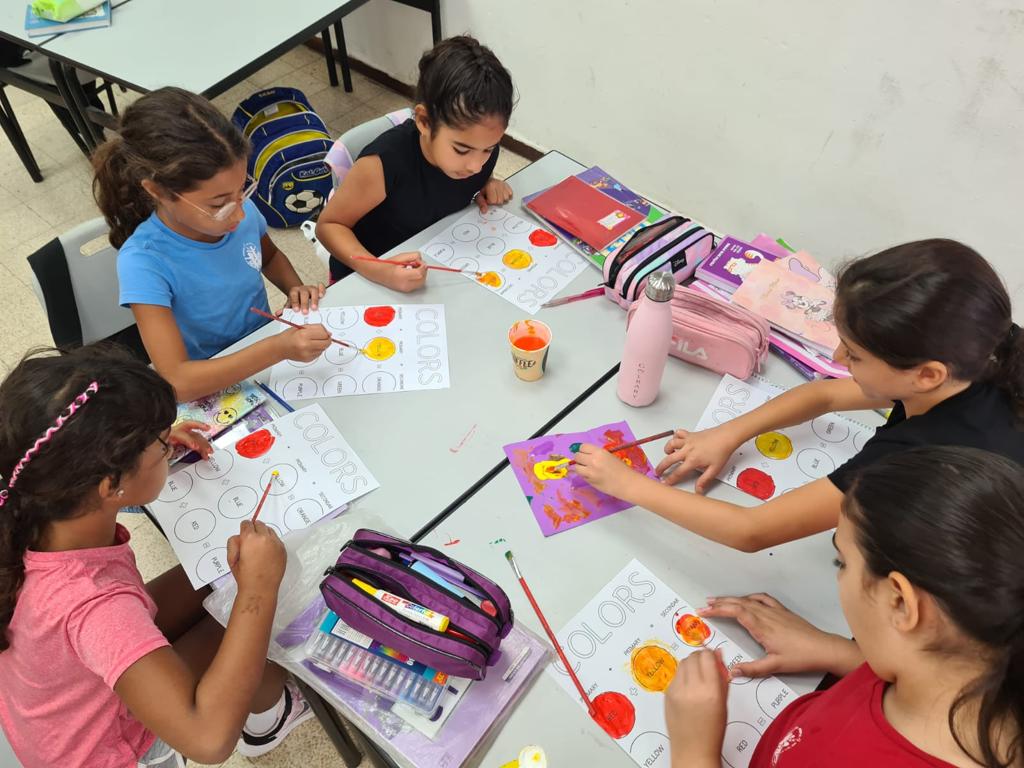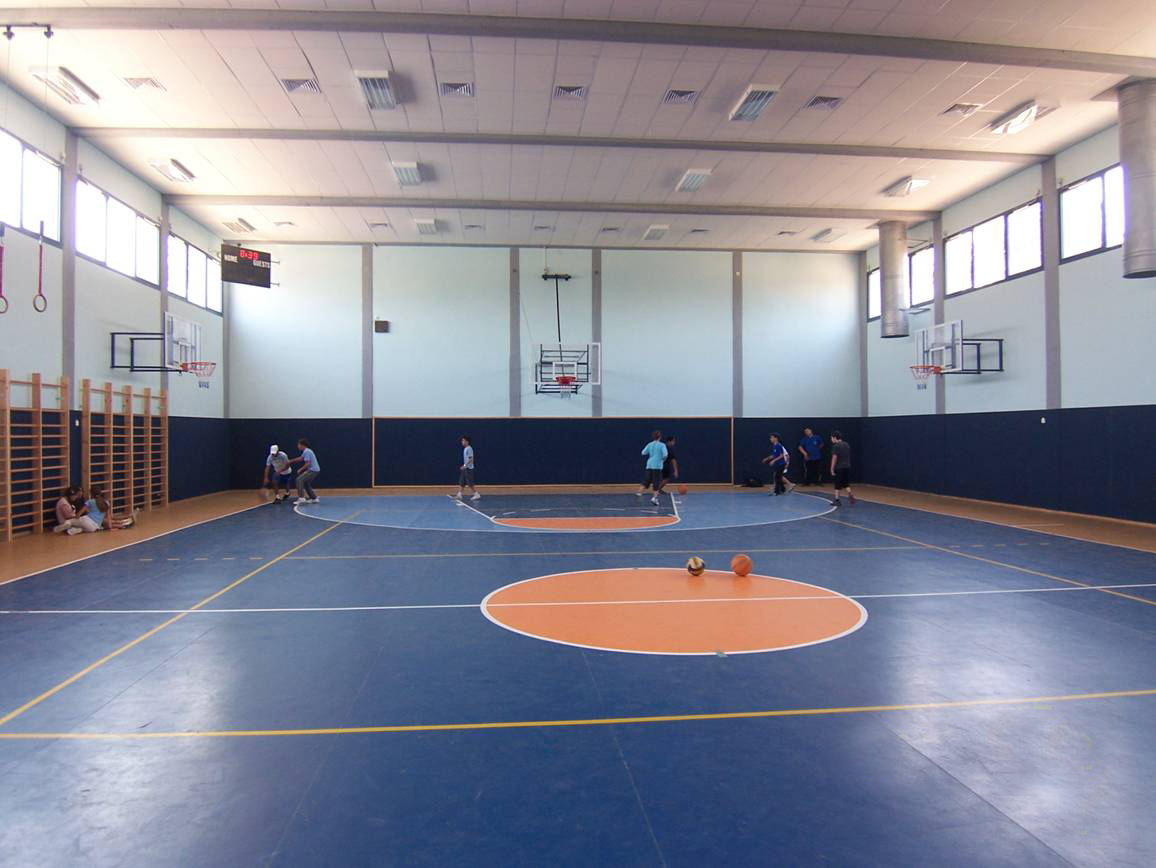
Israel’s 75th Independence Day
As you all know, Israel is weathering stormy times in its domestic arena. Internal tensions have flared up over recent months, exposing decades-old fault lines in the nation’s social fabric. These fault lines do not only separate people by their political views. Just as importantly, they spotlight the deep-seated socioeconomic inequality that hinders our national well-being.
As Israel marks 75 years of independence, it is vital to remember that the country belongs to all of us, regardless of socioeconomic standing. What is needed now is a determined effort to address this reality, close the gaps, and begin genuine healing.
It is said that there is an opportunity in every crisis. Therefore, we should use this opportunity to reshape Israeli society, focusing on that which unites us rather than on our disagreements.
This makes the Rashi Foundation’s mission of narrowing socioeconomic gaps more relevant than ever before. These gaps in education, employment, and welfare will not close on their own. The key to ensuring a cohesive and robust society is to apply strategic, long-term efforts to create and maintain cradle-to-career solutions for all strata of Israel’s populace.
Our work, which we could not carry out without you, has now become the most vital way to protect and nurture the social resilience of Israel for future generations.
May this Independence Day signal the beginning of a new ethos, under which we can all unite and pave the way together toward a better future for all Israelis.
We recently launched a new partnership with Google, through which we are striving to enlarge the workforce in Israel’s hi-tech industry and to increase its diversity. Known as “hello tech,” this partnership aims to advance the study of technology and spoken English in Israel’s geo-social periphery. Operated in collaboration with Rashi’s Cyber Education Center and with the Moona Association, hello tech will provide youth in the periphery with a wide array of skills that are vital to success in the technology-rich world of tomorrow.
The pilot program will be implemented in several localities, where it will reach all local junior high school and high school students who choose to major in technology fields. Google employees will take part in the program as mentors, serving as role models and introducing the participants to the wide range of career opportunities in the hi-tech industry.

Experiential education such as youth organizations, extracurricular studies, sports, leadership programs and entrepreneurship training are highly effective in developing essential personal and interpersonal skills that expand children’s life opportunities. At present, children in Israel’s periphery have very limited access to such programs.
The Rashi Foundation is now embarking on a large-scale initiative called Education for Life, which aims to expand experiential education in Israel and to make it an integral part of the school system. The main goals of Education for Life are to raise awareness of the importance of experiential education, to increase the number of participants in the periphery, to reinforce the capacity of localities to advance experiential education for their children, and to develop innovative new experiential education programs.
We invite partners from all sectors – national and local government, philanthropy, business, and civil society – to join this transformative venture.
A member of our Pedagogic Network for Elementary Schools – the Merhavim Elementary School – is this year’s winner of the Ministry of Education’s award for educational excellence in the southern district.
The Network, which is operated by Rashi’s Tafnit Association affiliate, provides pedagogic and managerial development to chronically underperforming elementary schools in the periphery. The Merhavim school joined the Network four years ago, and its students have now reached the top decile on the Ministry’s nationwide Hebrew language skills exam.
The prize is awarded to schools that make major improvements in scholastic achievements, school climate, or community involvement.
Having reached this milestone, we thank our partners in the Network for making it possible. Their commitment to this pioneering initiative is a key factor in the likely future implementation of the Network model on the national scale.
Partners: The Ministry of Education, municipalities, the Gerald and Gail Ronson Family Foundation, the Samuels Family Foundation, Benjamin S. Warren, the Shirley and David Toomim Foundation, the Jewish Federation of Greater Houston, the Naomi Prawer Kadar Foundation, the Ben & Esther Rosenbloom Foundation, the Steinhardt Foundation for Jewish Life, and several anonymous foundations.


Experience shows that local authorities serving underprivileged populations in Israel often have difficulties in accessing national budgets for sports and cultural facilities. Considering the importance of these facilities, and the effect of the activities they house on social mobility, this causes the gaps between Israel’s center and its periphery to grow even wider.
This phenomenon is particularly acute in the Arab Israeli sector. Jusur جسور (“bridges” in Arabic) is a new joint initiative to tackle this problem. Through cooperation between Rashi, some of its partners, and the Ministry of Culture and Sport, we are helping a number of Arab Israeli localities to receive public funding to build or upgrade sports centers, outdoor fitness parks, swimming pools, community centers, libraries, and the like.
Jusur enables qualifying local authorities to secure allocations for sports and cultural facilities through government calls for proposals, and then guides them throughout the construction process.
